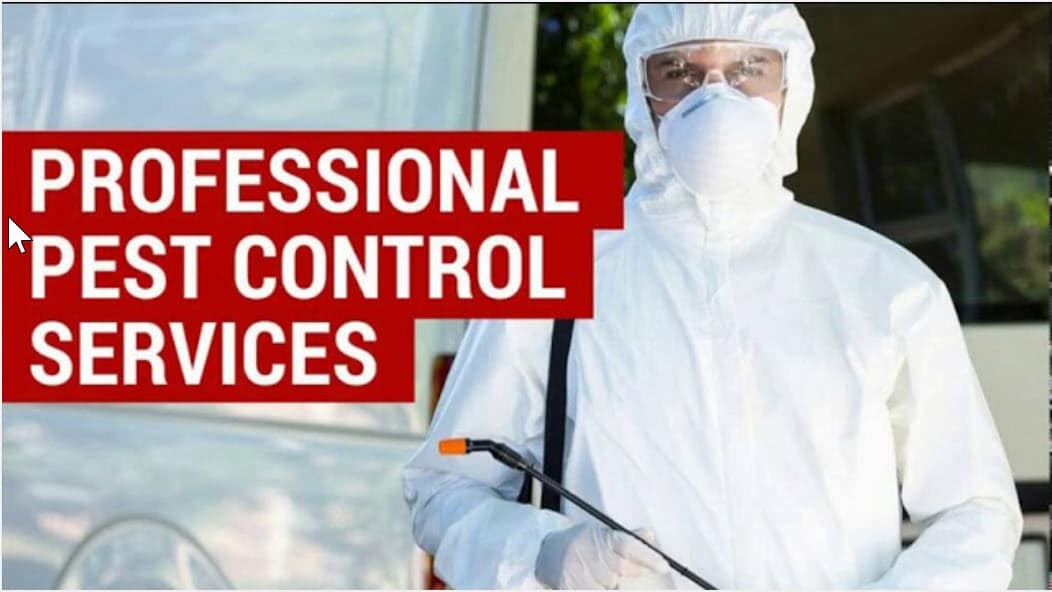
Mice Exterminator Services Residential and Commercial
Mice infestations and pest control are increasing drastically throughout the world and could get a lot worse! That’s thanks in part to climate change. As demand for mice control services soars, experts say that higher temperatures and milder winters could have something to do with the devastating mice outbreak.
Mice know as rodent are warm-blooded animals. But because they have a large body surface to body mass ratio, they lose heat so fast to the environment. On top of that, mice cannot hibernate or fatten to survive the cold winter weather. Hence, their population typically drops during winter.
Conversely, mice thrive in warm weather, which is why rising temperatures and warmer winters due to climate change have fueled their population. Warmer winters mean fewer mice die from natural causes such as starvation, resulting in higher mice populations and more work for pest control exterminator experts.
Why Do Mice Get into Your House?
Though small, mice can become a serious headache for homeowners and commercial properties. That’s because these devastating pests cause severe damage to homes by gnawing on structures, wiring, and insulation. In order to build their nests, mice undertake a series of destructive behaviors that cause extensive damage to your property. For instance, they chew through drywall to build their nests in the undisturbed, hidden areas.
As if that’s not bad enough, mice can also contaminate food with their hair, urine, saliva, and feces. According to the Centers for Disease Control and Prevention (CDC), mice can spread countless diseases, including hantavirus, monkeypox, leptospirosis, and salmonellosis.
Unfortunately, every home is at risk of mice infestations, irrespective of whether it is new, clean, or dirty. So, what’s the real deal with mice? Why do they infest homes as a general pest? Read on to find out.
Food Source
Food is one of the main reasons why mice infest homes. Mice are not picky eaters and will munch on just about anything available in your home, including oats, cereals, meat, fruits, insects, and even food scraps in the garbage can try to survive.
Mice are nocturnal pests, meaning they prefer to stay hidden during the day and forage for food from dusk till dawn. If there is a consistent food source in your home, you can expect these dangerous pests to stay and reproduce year-round in your home or business place.
Shelter
Rodents, including both rats and mice, will frequently seek shelter from the harsh weather outdoors in your home especially in winter season. As mentioned earlier, these warm-blooded small animals can’t hibernate or reduce their body temperature needs during winter. Therefore, the only way they can survive the freezing temperatures is by entering your warm home, where they can find food and shelter.
Sadly, even if you have taken proactive measures to keep mice away, there’s a good chance that they will secretly chew open your wall and creep into your home. Once inside, mice prefer to live in cool, dark places such as cupboards, sofas, old boxes, pantries, and between walls including the upper attic of your house.
Warmth
Mice instinctively invade homes in search of warmth. Like other warm-blooded animals, mice are susceptible to cold and can die if they do not find a place to shelter from the freezing temperatures. These smart tiny invaders can sense the warmth in your home through exterior weep holes wall openings and use that as an invitation to invade. While they can use their strong jaws to gnaw through the exterior wall and the corners of the garage door, mice can also squeeze through unimaginably narrow gaps to gain access to your property, as well as climb vertical walls very easily.
Water
Like other rodents, mice need water to survive. These pests can drink about 3-9 milliliters of water daily as long as they have easy access to a water source. Issues such as faulty faucets and leaky pipes are enough to convince mice to sneak into your home and stay.
Signs of Mice Infestation in Your House
Mice are remarkably well-adapted to living in human dwellings. They are mostly active at night and can remain hidden for long before homeowners can see or even suspect them. Luckily, mice leave behind obvious tell-tale signs such as droppings, musky odors, and gnawed structures.
·Mice Droppings: This is the first and most common sign of mice in the house. Mice droppings are typically small (around 5mm in length) and have a dark brown color with a pellet rice shape and pointed ends. You can find mice droppings scattered all over the house, under the kitchen sin, behind the kitchen stove, especially closer to their existing nests.
·Damaged Structures and Foodstuffs: Mice incisors never stop growing. That’s why they must constantly gnaw on structures in order to wear them down. These notorious foragers can also nibble at cereal boxes and plastic containers to feed.
·Scratching Sounds in Walls/Ceilings: Mice like to build their nests in between walls, floors, and ceilings. Though they are mostly quiet invaders, mice can make noise when they scurry through walls and gnaw on materials such as wood and wiring at night, thinking that they are scratching on something which is not.
·Mice Urine: Mice urinate more frequently compared to other larger animals. As with their droppings, you’re more likely to find mice urine near their nests. The urine can have a pungent ammonia-like smell that can linger for some time before it goes away.
·Dead or Live Mice: Spotting a live or dead mouse is the biggest tell-tale sign of an existing infestation. But because mice are nocturnal, homeowners rarely see them – unless the infestation has grown extensively.
How Can I Prevent mice?
The most effective way to keep mice away from your home is to know why they are there in the first place. As seen above, mice primarily invade your home in search of their three basic needs – food, water, and shelter. That said, here are effective tips on how to prevent mice infestations:
- Rodent-proof your home by sealing any holes or gaps along your exterior wall.
- Trim your lawn, shrubs, and other areas in your property where rodents can nest
- Trim any overhanging trees and keep plants away from your roof. Rodents are notorious for using trees as a highway into your home.
- Eliminate any clutter, debris, and garbage from your yard to ensure there are no habitats or hiding spots for mice
- Maintain a spotlessly clean home, repair leaky pipes, and store food in glass containers. If there’s no food or water source in your home, mice will have no reason to invade. Avoid leaving food in plastic packages or cardboard boxes, as mice can easily gnaw through them. Make sure your garage is clean from open garbage bins.
Professional Residential Pest Mice Control Services
Unfortunately, mice are prolific breeders, with a female producing at least 10 litters per year! Besides having a short gestation period, mice can also become pregnant in as little as 24 hours after giving birth. These factors make it frustratingly hard for homeowners to control mice removal on their own.
Our pest control company rodent removal specialists are used to dealing with mice infestations throughout Oakville, Burlington, Hamilton and Milton Ontario. Maximum mouse control exterminators are equipped with the latest tools and cutting-edge technology pest solutions to eliminate mice from your house and business effectively. With years of globally-backed knowledge and skills, our pest exterminators services experts will provide quick and efficient solutions to existing infestations. They will also establish an effective commercial pest barrier around the perimeter of your business or home to keep rodents away.
Call today Maximum Pest Control Services (905) 582-5502 for pest management assessment and available professional solutions including handyman mice exclusion free consultation to your pest problem, with customer satisfaction guaranteed results.




